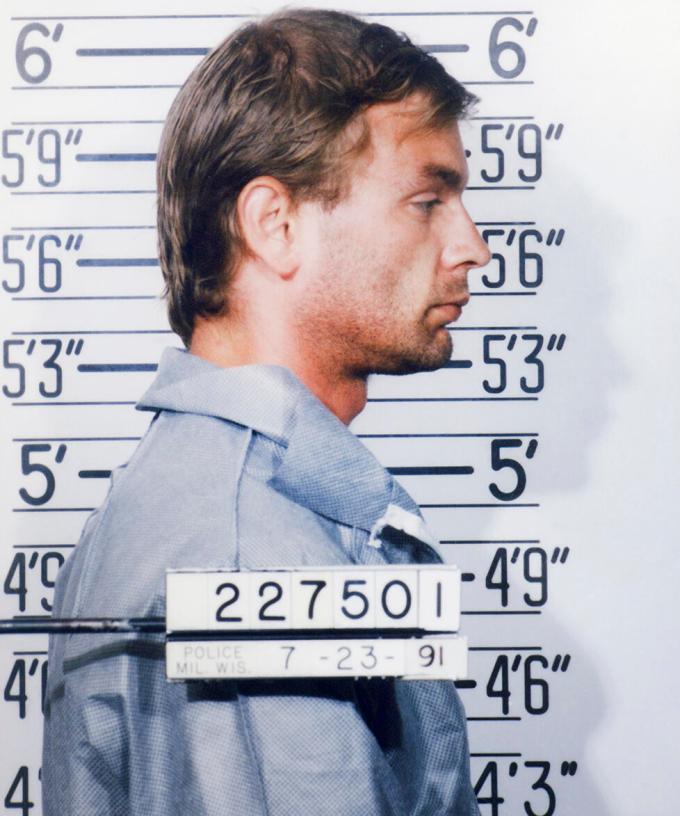The recent release of Netflix’s Monster: The Jeffrey Dahmer Story has brought serial killers back into the spotlight, but while the series was met with online controversy, it is a part of the ever-growing true crime genre that has consumed half of the country.
While the public’s obsession with stories about murderers, abusers, and kidnappers seems like a recent trend, it’s really just the newest evolution in a long history of how the media covers crime. Sarah Marshall, host of You’re Wrong About podcast, gave the case of Jack the Ripper as an example of how true crime has been around since at least the late 1800’s.
“The existence of criticism of true crime and the idea that people are being a little bit ghoulish and what often seems as fandom, is as far as I can tell, as old as media,” said Marshall. “As well as criticism, the knowledge that people want this. People will buy your newspaper if it says ‘Horrid Murder’ on it. Which just makes sense.”
“Why do you say it make sense?” asked guest Michael Hobbes. “What does that mean to you?
The host explained that murder draws attention because it is scary, and scary things are interesting. There is also a desire for self-preservation, a “how did this happen and how can I stop it from happening to me” type of thing.
Hobbes added he thinks true crime stories are easier to digest because they mostly follow a simple pattern. Listeners or viewers do not need to be fully engaged in every detail to understand what is going on.
“It’s sort of easier on your brain, its less like doing jumping jacks mentally, to watch something you know exactly what the components are going to be,” said Hobbes. “Partly some of these grisly true crime stories sort of fulfil that purpose. There is a bad person, and he killed a bunch of innocent people, and he’s bad, we arrested him, and he’s going to pay. That is sort of comforting.”
Marshall also touched on why the grislier crimes are covered to death (pun intended) by the true crime community. It’s because in reality, open and shut murder cases are boring. Consumers want mystery, misdirects, and cases that sound like they came from the greatest minds in Hollywood.
“Like it’s interesting, in that these people are interesting, and their lives are interesting,” she said. “In terms of a murder where you’re like ‘Oh my god the mayor’s daughter was caught on the security camera!’ That doesn’t happen as often as law and order behaves as if it does.”
Listen to “Hunting Serial Killers with Michael Hobbes” to hear the full conversation about our obsession with true crime as well as a discussion on whether or not serial killers are going extinct.







